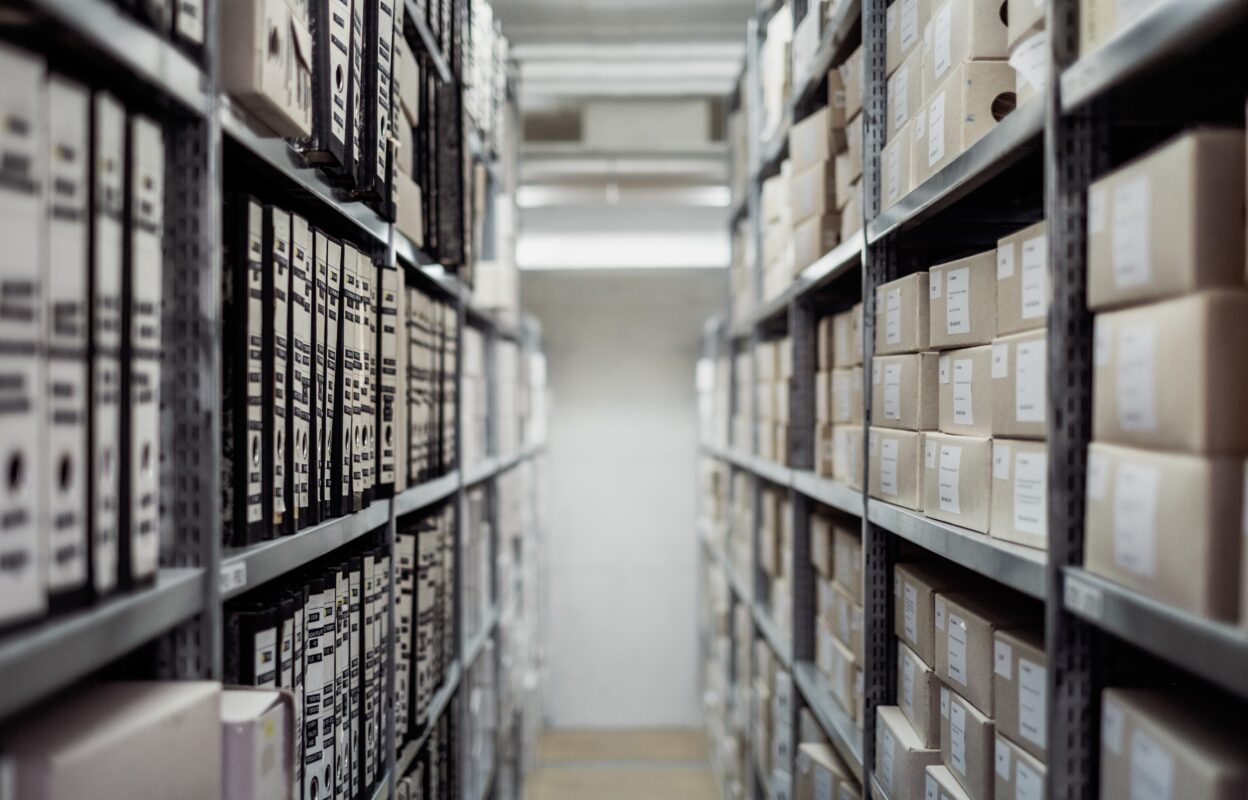Opening the Archives

The article sheds light on the work of making archives accessible and the significance this has for those affected by the Alexander L. Kielland accident.
During the investigation of the accident, neither the survivors nor the relatives received sufficient information. The Office of the Auditor General believes this may have undermined trust in the commission’s work. In 2019, the commission’s extensive archival material was digitalised and made accessible to all. However, the material was very comprehensive and challenging to navigate. Therefore, the National Archives collaborated with the documentation project at the Norwegian Petroleum Museum to make the archives more accessible. A new search function has been developed, allowing you to easily find information within the scanned pages.
There is also documentation on the Alexander Kielland accident in several other archives, from both public institutions and private actors. While the National Archives’ mission is to publish and make archival material accessible, there are restrictions on what can be released. Private entities are under no obligation to transfer their archives to the public and may choose to restrict access or set conditions for use. Publication and accessibility are also affected by GDPR and Norwegian data protection laws. Many of the documents contain sensitive and identifiable information that must be manually reviewed before publication, which is a time-consuming process.
Despite these challenges, the National Archives has already published over 200,000 pages related to the accident, now available digitally.
arrow_backLosing a father